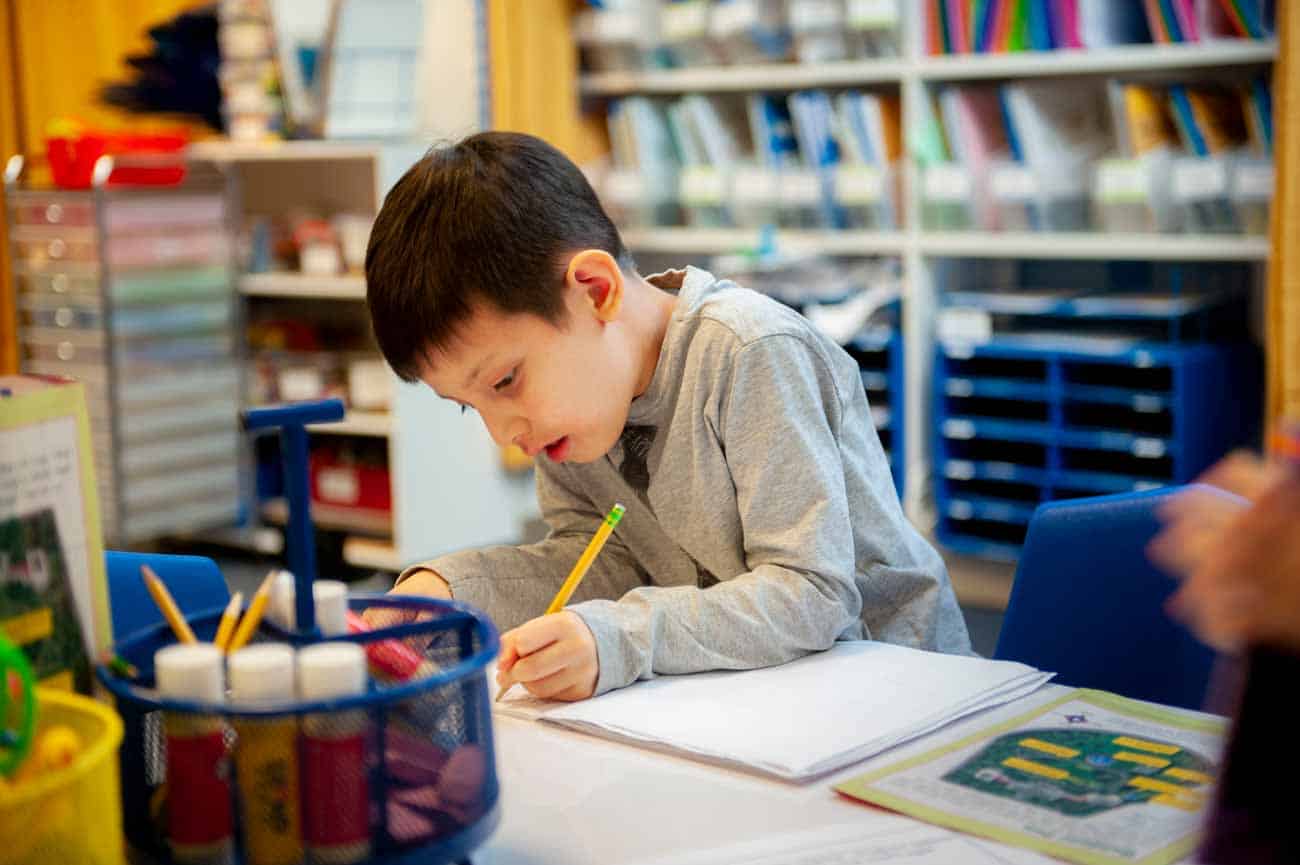
Math, Science
& Humanities
Mathematics
Math at Rodeph Sholom School is an exciting student quest for discovery through enriching activities and rigorous discourse, all in an effort to create analytical thinkers and problem solvers who can apply their numeracy to countless situations. The specific curriculum in the Early Childhood Division and the Elementary Division offers lessons geared towards more questioning and deeper thinking that could spur students to become resourceful problem solvers, fostering intellectual curiosity and self-confidence in learners. The Middle School curriculum builds off of that work and catapults students into much higher level thinking using similar modes of exploration and discovery, ultimately preparing students to thrive in high school math departments around the city.
Science
Science at Rodeph Sholom School pulls on students’ natural curiosities and pushes them to think deeply and critically about the physical world around them. Science in the Early Childhood Division is taught by classroom teachers, and science experiences are coordinated with children’s everyday experiences, such as noticing changes in the world around them due to the seasons and their immediate environment. In 1st-8th Grades, science is taught as a separate class by a specialist, which students attend at least once a week. In the Elementary Division, students continue to explore many of the basic and fundamental scientific principles they see in their everyday lives and the natural world. Particular emphasis is given to measuring, graphing, and the fundamentals of conducting a scientific test. Middle School explores three different branches: physical, life, and earth science. Time is spent on each of the following topics: biology, chemistry, physics, earth science, and computer science. Students learn how to collect and analyze data, write a scientific report, and give a formal presentation of their work.
Language Arts / English
At Rodeph Sholom School, reading, writing and oral expression are taught in conjunction with one another and instruction in Language Arts and English is strongly influenced by our mission; prioritizing challenging, rigorous academics and placing a strong emphasis on values and ethics within the texts presented. As students make their way from grade to grade, the complexity of the texts they interact with becomes more sophisticated and the skills taught become more in-depth and multi-faceted. In Early Childhood, reflection is given to how children can experience complex and thought-provoking texts. Focus is placed on both self-identity and identity within the larger community and much time is spent considering the ways in which students can become activists in their community, and literacy plays a key role in this process. Throughout the school, the curricula for reading, writing, and speaking are all strongly student-centered, prioritizing content and lessons that can engage students where they are now, in terms of interest and skill. The reading curriculum in the Elementary Division utilizes small group instruction paired with a variety of leveled texts, in which children can be challenged and instructed based on their individualized learning styles and needs. And in Middle School, rich discussion and analysis of texts is augmented by individual challenges afforded to each student by thoughtful teachers throughout their English classes.
Romance Language
In Middle School, students take Spanish and French in addition to their Hebrew studies. Our students are able to learn a Romance language quickly because they have developed the skill of language acquisition through their previous Hebrew studies. The Romance language department does an amazing job of not only helping students love the languages they learn, but also the cultures where those languages are spoken.
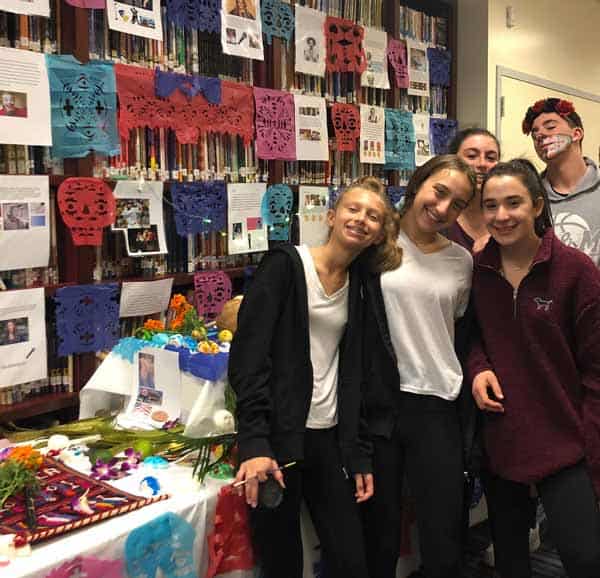
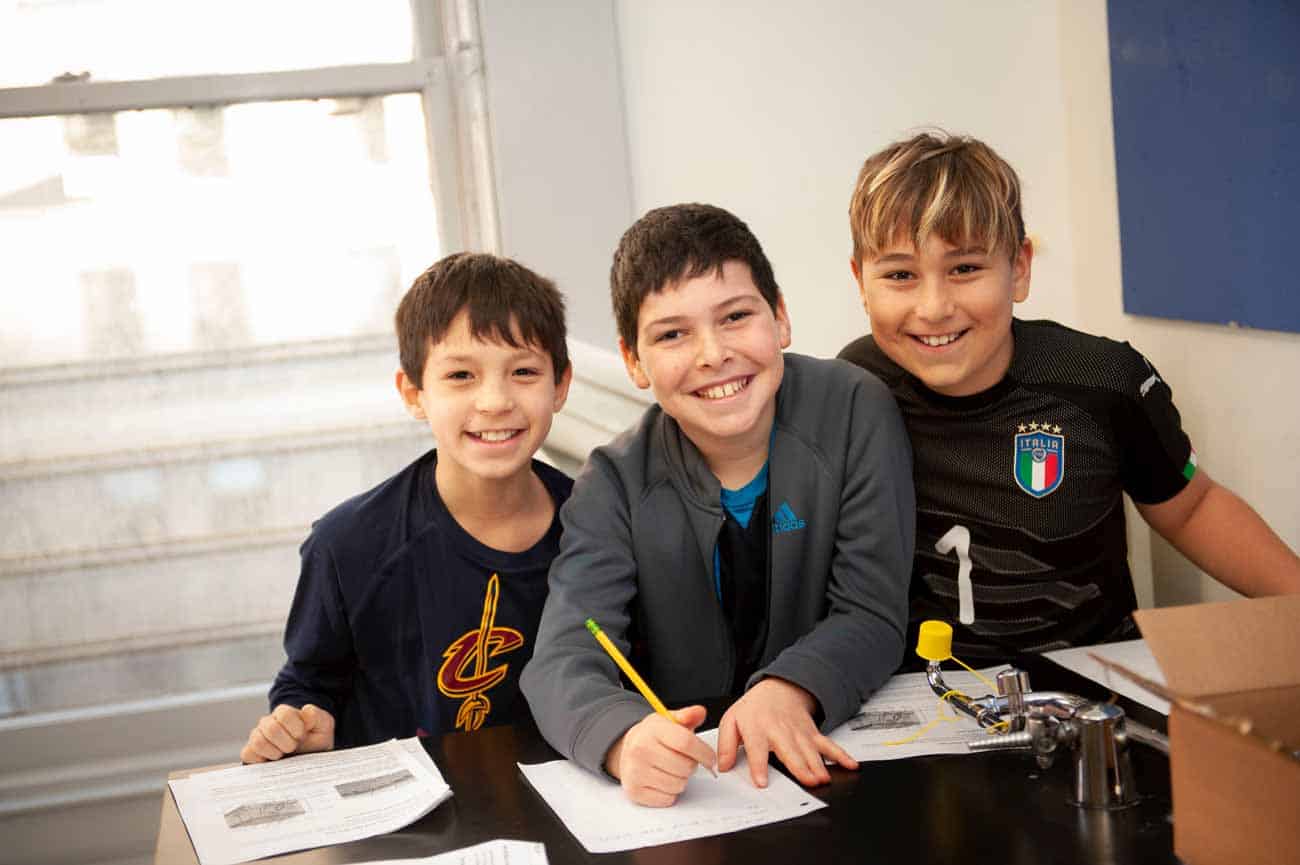
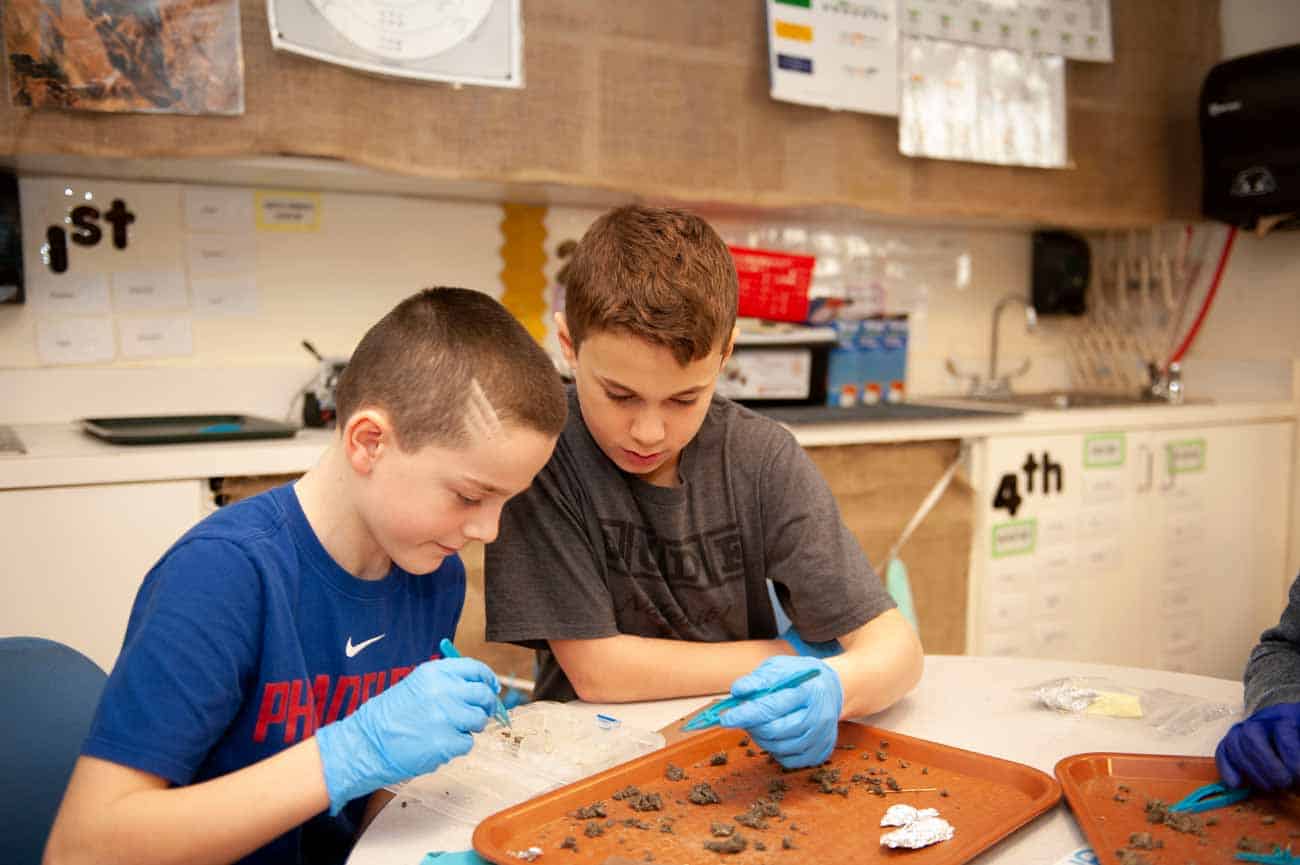
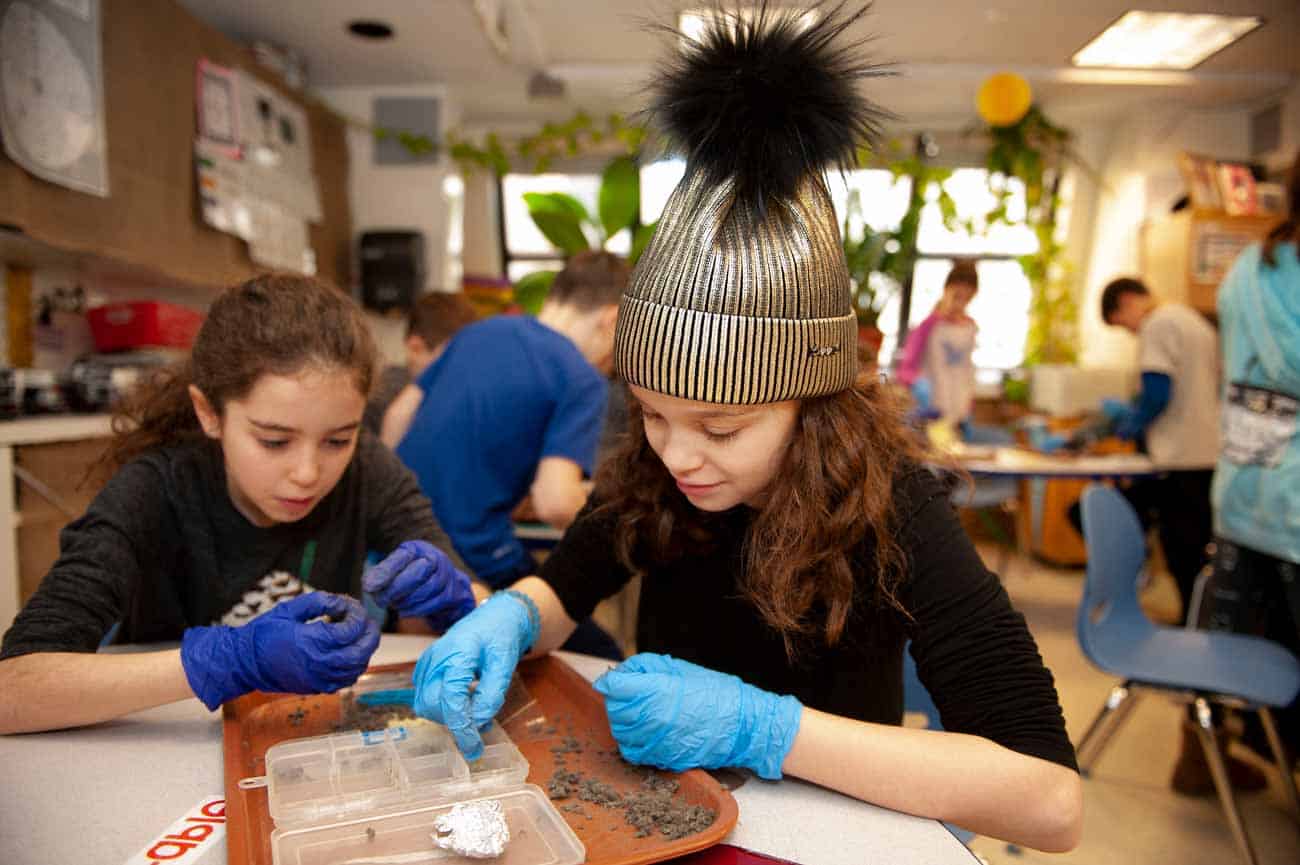
Social Studies / History
The Social Studies and History curriculum at Rodeph Sholom School leads students to understand what it means to be a good neighbor and informed citizen of a larger community. In Early Childhood, students build foundational skills in by studying and practicing what it means to be part of a classroom community. Students learn to exhibit empathy and practice teamwork skills as they explore several types of communities, including the family, the classroom, and the school, and they encounter the concept that the needs of the community supersede their individual wants. In the Elementary Division, students are introduced to more aspects and skills of social studies, learning the essentials of geography, mapping, economics, and community types. Love of learning shines brightly in these classes as students discuss topics with excitement and deep caring and appreciation for the subject matter. In Middle School, instruction and curriculum is infused with greater nuance and rigor. Students apply their understanding of how community works to specific case studies through a world history curriculum, which also dispels myths and develops an appreciation for multiple perspectives. The ideas of Civil Rights and multiple narratives guide the curriculum as students approach graduation, learning about the modern international world through a study of New Imperialism, the growth of an American Empire, and World Wars I and II.